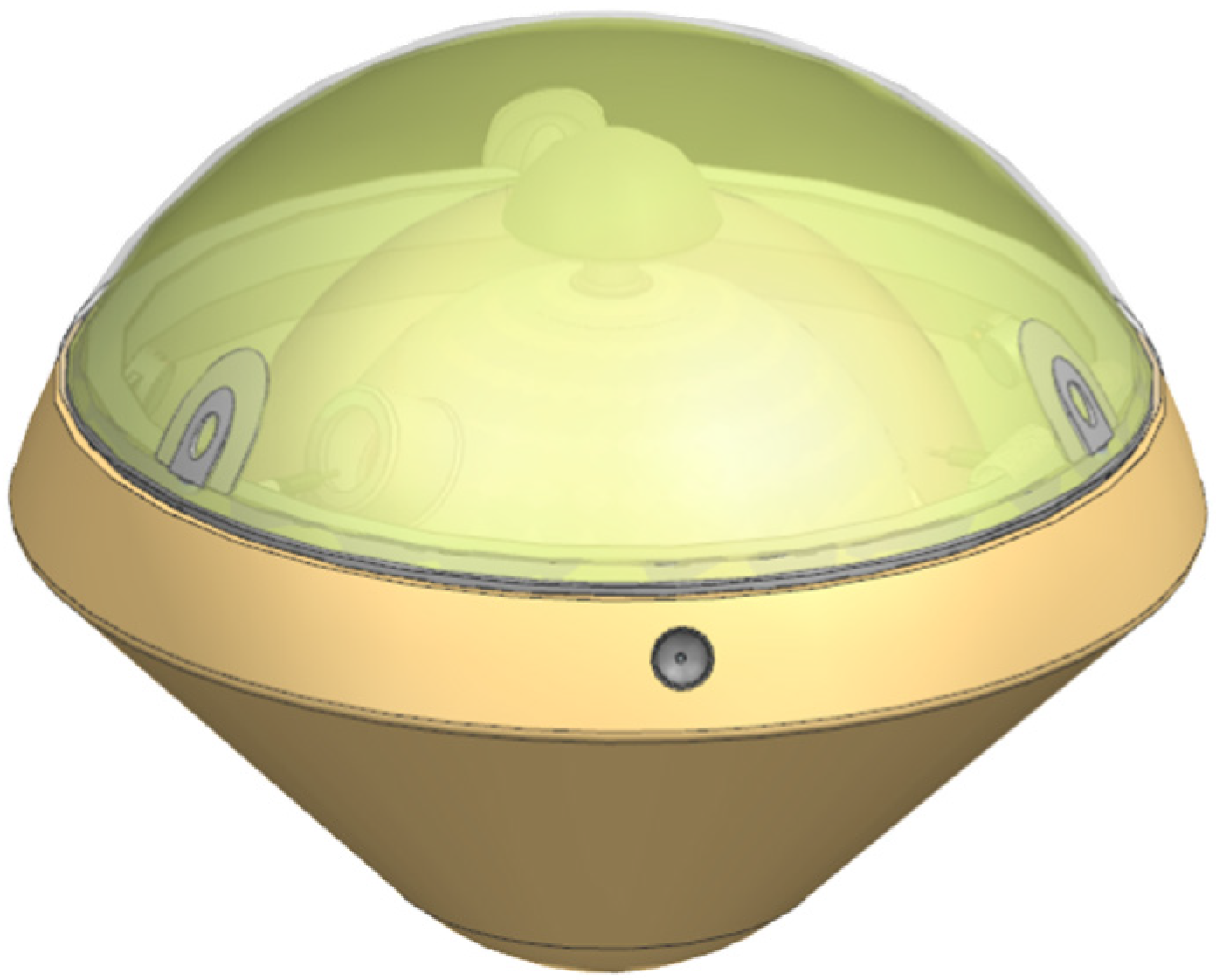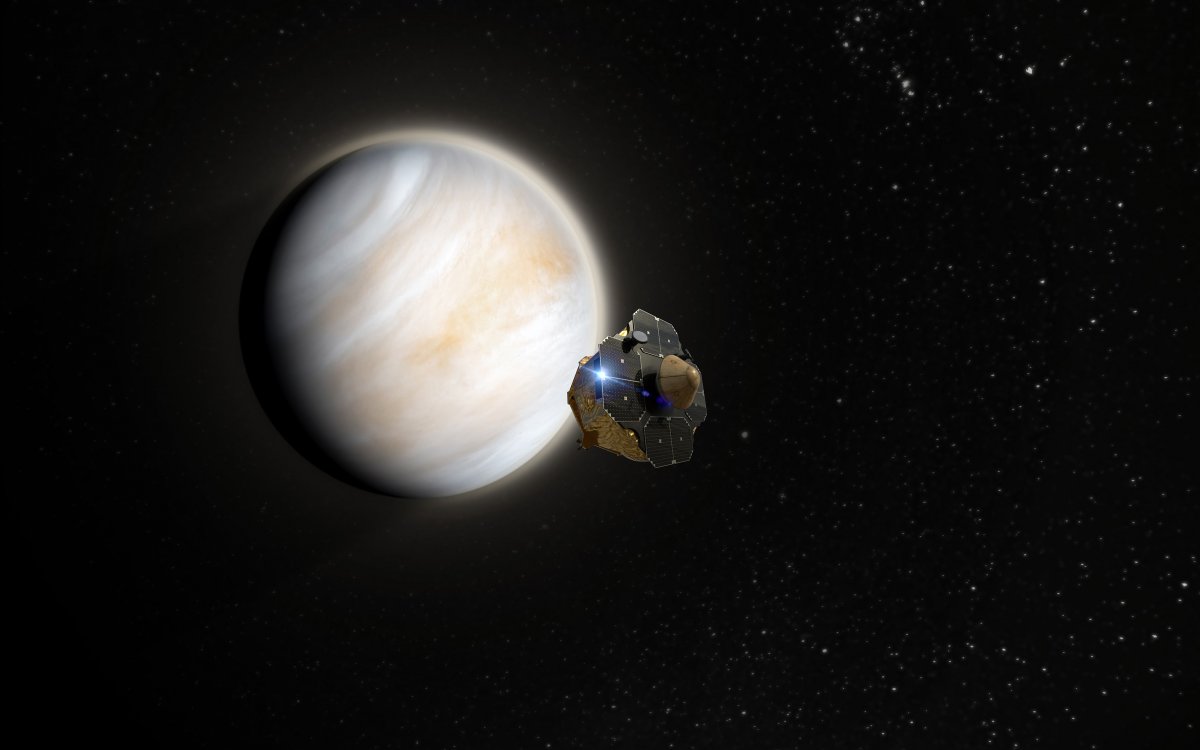Set for launch in May 2023, New-Zealand based Rocket Lab has decided on the venture after MIT and Cardiff University researchers discovered possible signs of life in the clouds of Venus.
In 2020, they found a gas called phosphine-which is usually produced by a living organism- present within the atmosphere.
While NASA, the ESA and other space agencies have planned to launch missions in the late 2020s early 2030s, Rocket Lab will get there first according to CEO Peter Beck.
“I’ve always felt that Venus has got a hard rap,” he said.
“The discovery of phosphine was the catalyst. We need to go to Venus to look for life.”
The aircraft that will make the voyage has been named Photon and according to Rocket Lab is the size of a dining table, will cost less than $10 million and will only take five months to reach Venus.
“This is the simplest, cheapest, and best thing you could do to try and make a great discovery,” said MIT researcher Sara Seager.

They said that more data could be transmitted from below the clouds, but only if the probe survives the fall. Rocket Lab said that more than 30 missions have been carried out to the planet and what scientists know so far is that Venus was once potentially very similar to Earth.
“A 2019 study from NASA’s Goddard Institute for Space Studies found that Venus could have had shallow oceans on the surface for two to three billion years and this would have supported temperatures of between 68 to 122 degrees Fahrenheit,” they said.
“Around 700 million years ago though, a resurfacing event released carbon dioxide into the atmosphere, turning Venus into a dangerous, inhospitable planet where atmospheric temperatures reach 1,000 degrees Fahrenheit.”






